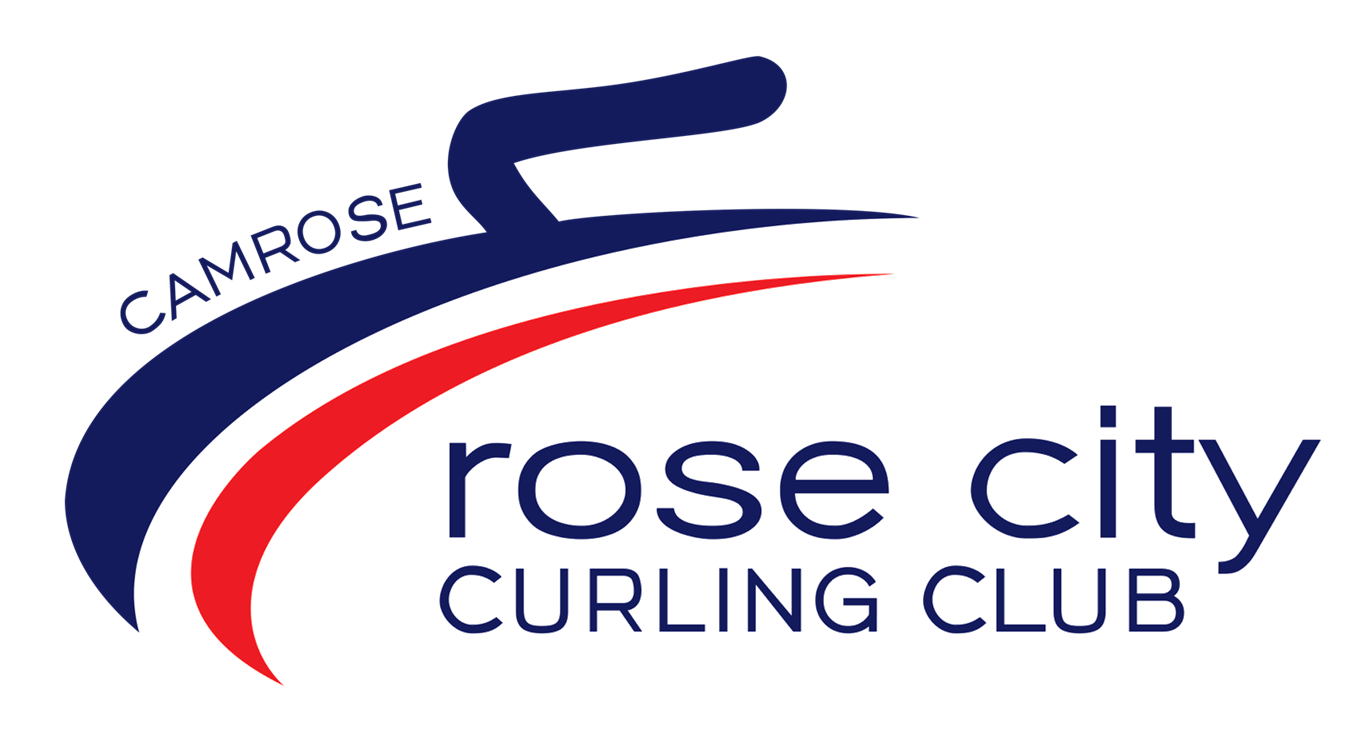In addition to the rules of the game, curling has rules of etiquette that help maintain the dignity and fun of the game for everyone.
Curlers' Code of Ethics
- I will play the game with a spirit of good sportsmanship.
- I will conduct myself in an honourable manner both on and off the ice.
- I will never knowingly break a rule, but if I do, I will divulge the breach.
- I will take no action that could be interpreted as an attempt to intimidate or demean my opponents, teammates, or umpires.
- I will interpret the rules in an impartial manner, always keeping in mind that the purpose of the rules is to ensure that the game is played in an orderly and fair manner.
- I will humbly accept any penalty that the governing body at any level of curling deems appropriate, if I am found in violation of the Code of Ethics or rules of the game.
Pre-game
- Be prepared to step on the ice at the designated time. If you are unable to make a game, advise your skip ahead of time and arrange for a spare. There is a Spares list in the members area of the Carleton Place Curling Club (CPCC) web site. You can obtain the password to access this area either on the bulletin board at the CPCC or by sending a message to the This email address is being protected from spambots. You need JavaScript enabled to view it..
- Greet each member of the opposing team with a handshake, a self-introduction and a wish for good curling.
Delivery of stones
- Be ready to play when your turn comes. As soon as your opponent has delivered (released) his or her rock, step into the hack and get your own rock ready (tilt it up, brush frost and loose dirt off the bottom, and brush any resulting debris off the ice). You should be ready and waiting for your skip’s instructions by the time your opponent’s rock comes to rest. Every end should take a maximum of 15 minutes – do your part to make sure your team stays on time.
- Do not disturb a curler in the hack. If you are waiting to play, stand quietly well behind the curler on the end boards and out of reach of the broom. If you are an opposing sweeper, stand still at the side of the sheet between the hog lines.
- Be a good sport. Compliment a good shot by either side. Never comment negatively on a teammate’s or opponent’s poor shot or bad luck. If you make a poor shot yourself, keep your temper.
Sweeping
- Be ready to sweep your teammate’s rock as soon as it is released. It is the skip’s job to determine whether sweeping is needed to maintain the desired line; it is the sweepers’ job to determine whether sweeping is needed because the rock is lighter than what was called for, but the skip may still call you off. Let the skip know if you think the rock is heavier or lighter than what she or he called for.
- Behind the tee line, only one member of each team can sweep at one time. If you decide not to sweep your own rock, make way for the other team.
- Clean your broom regularly. If you have a “brownie”, use the brushes at the end of each sheet to clean off your brush head a few times each end. If you have a hair broom, hold it over the end boards and brush your hand across the hairs several times each end to remove loose hairs and debris.
Positioning of players
- When a team is preparing to deliver, the opposing skip stands still to avoid disturbing the concentration of the player in the hack.
- As soon as the delivered rock comes to rest, leads and seconds leave the house and position themselves between the hog lines and to the extreme sides of the sheet. Only the skips and vice-skips should be in the house.
- At the conclusion of the end, only the vice-skips are in the house to determine the score of the end. No rocks are moved until the vice-skips agree. The vice-skips are responsible for measuring if necessary, for posting the score on the scoreboard and, at the conclusion of the game, for posting the points on the draw sheet.
Accidentally touching a rock
- If you “burn” (touch) a moving rock with your broom while sweeping, do not stop the rock. Allow it to come to rest and alert both skips . The opposing skip has three choices:
- allow the play to stand, or
- remove the burned rock from play and replace all the affected rocks to their original positions, or
- place the burned rock and all rocks it would have affected where they would have come to rest if the violation had not occurred.
- If you move a stationary rock, and if that move did not affect a running rock, then the non-offending team replaces the rock to its original position (if there is any question about whether the touched rock or another rock is closer to the button, the touched rock is replaced in favour of the non-offending team). If the move would have affected the course of another rock in motion, then the non-offending team has three choices:
- allow the play to stand, or
- remove the rock in motion and replace all the affected rocks to their original positions, or
- place the rock in motion and all rocks it would have affected where they would have come to rest if the violation had not occurred.
Post-game
- If there is another draw following your game, the general rule within the CPCC is that 30 minutes prior to the scheduled end time, you should complete the current end and one more. Be mindful that other players are waiting to take the ice.
- Win or loss, thank each of the opposing players for the game with a handshake and spend social time with them in the club. Each member of the winning team offers to buy a beverage for his or her counterpart on the losing team. The offer is later reciprocated by the members of the losing team.
Are you unsure of all the rules of the game? Check out the “Rules of Curling for General Play” found on the The Canadian Curling Association web site..



